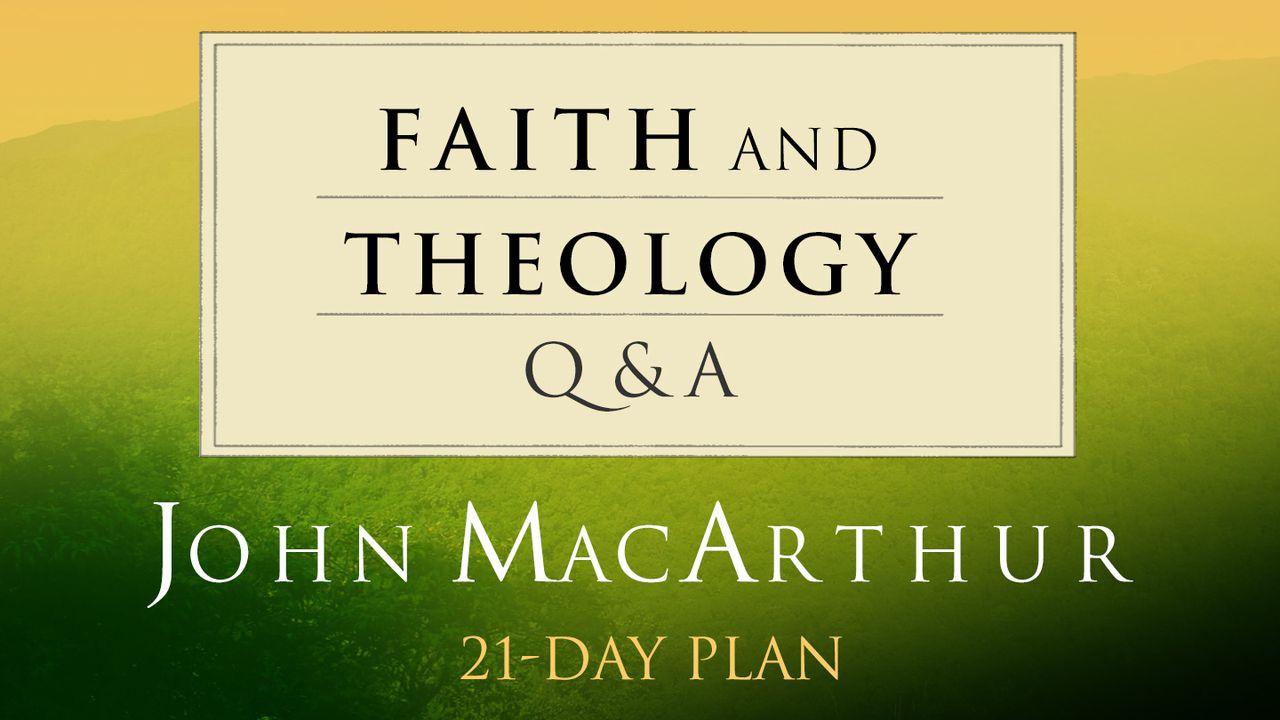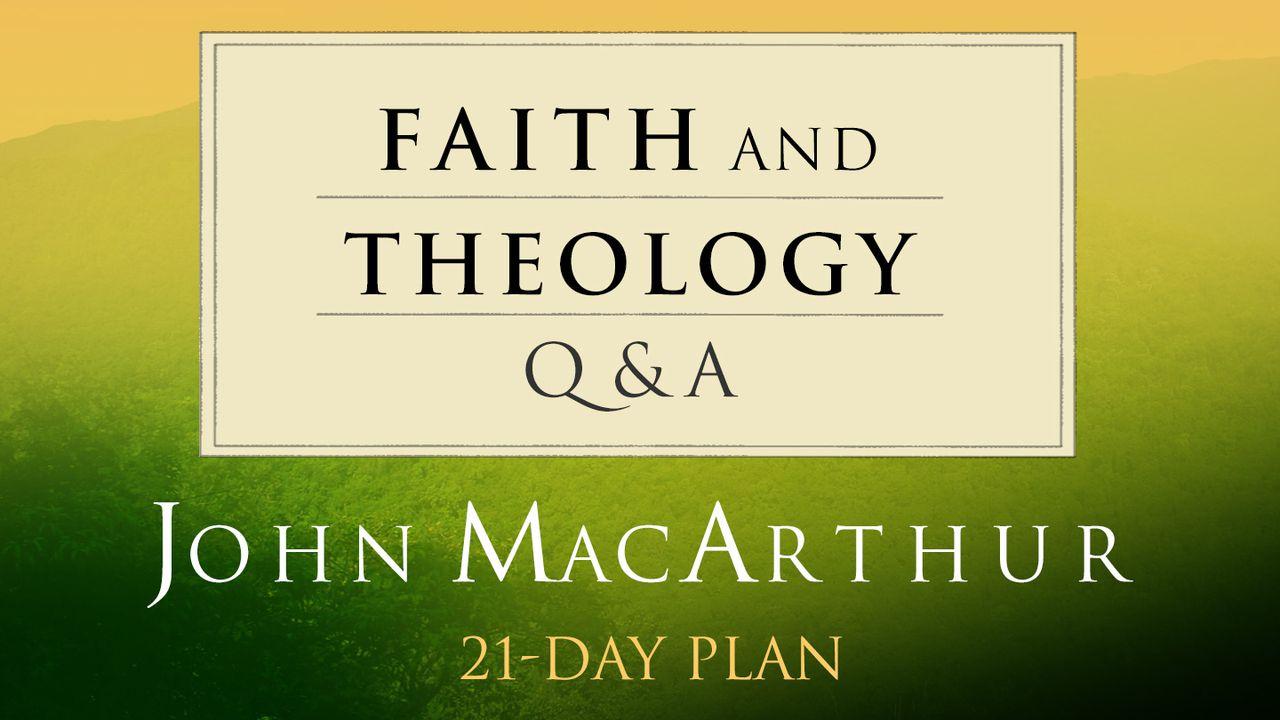Infos du plan
Faith and Theology: Dr. John MacArthur Q&AExemple

Did Jesus Christ believe in everlasting punishment for the wicked?
Look at His words in Matthew 25.46. “And these will go away into everlasting punishment, but the righteous into eternal life.” The same Greek word is used in both instances. The punishment of the wicked is as never-ending as the bliss of the righteous. The wicked are not given a second chance, nor are they annihilated. The punishment of the wicked dead is described throughout Scripture as “everlasting fire” (v. 41); “unquenchable fire” (3.12); “shame and everlasting contempt” (Dan. 12.2); a place where “their worm does not die, and the fire is not quenched” (Mark 9.44–49); a place of “torments” and “flame” (Luke 16.23, 24); “everlasting destruction” (2 Thess. 1.9); a place of torment with “fire and brimstone” where “the smoke of their torment ascends forever and ever” (Rev. 14.10, 11); and a “lake of fire and brimstone” where the wicked are “tormented day and night forever and ever” (Rev. 20.10).
Here Jesus indicates that the punishment itself is everlasting—not merely the smoke and flames. The wicked are forever subject to the fury and the wrath of God. They consciously suffer shame and contempt and the assaults of an accusing conscience—along with the fiery wrath of an offended deity—for all of eternity. Even hell will acknowledge the perfect justice of God (Ps. 76.10); those who are there will know that their punishment is just and that they alone are to blame (see Deut. 32.3–5).
À propos de ce plan

Dr. John MacArthur answers questions on matters of faith, theology, and doctrine. Each day's reading includes additional verse study for a deeper look into the day's topic.
Plans suggérés

Surmonter Les Blessures Intérieures

Aimer et discipliner, tout un art.

l'amour de soi: Trois façons de pratiquer le vrai amour de soi

Tout Savoir Sur Le Baptême Par Immersion

Dieu vous a choisi(e)

Vaincre La Masturbation

Le berger

La Vraie Prospérité Quand Vous Êtes Dans La Souffrance

Dieu entend votre cœur, toujours et encore !
